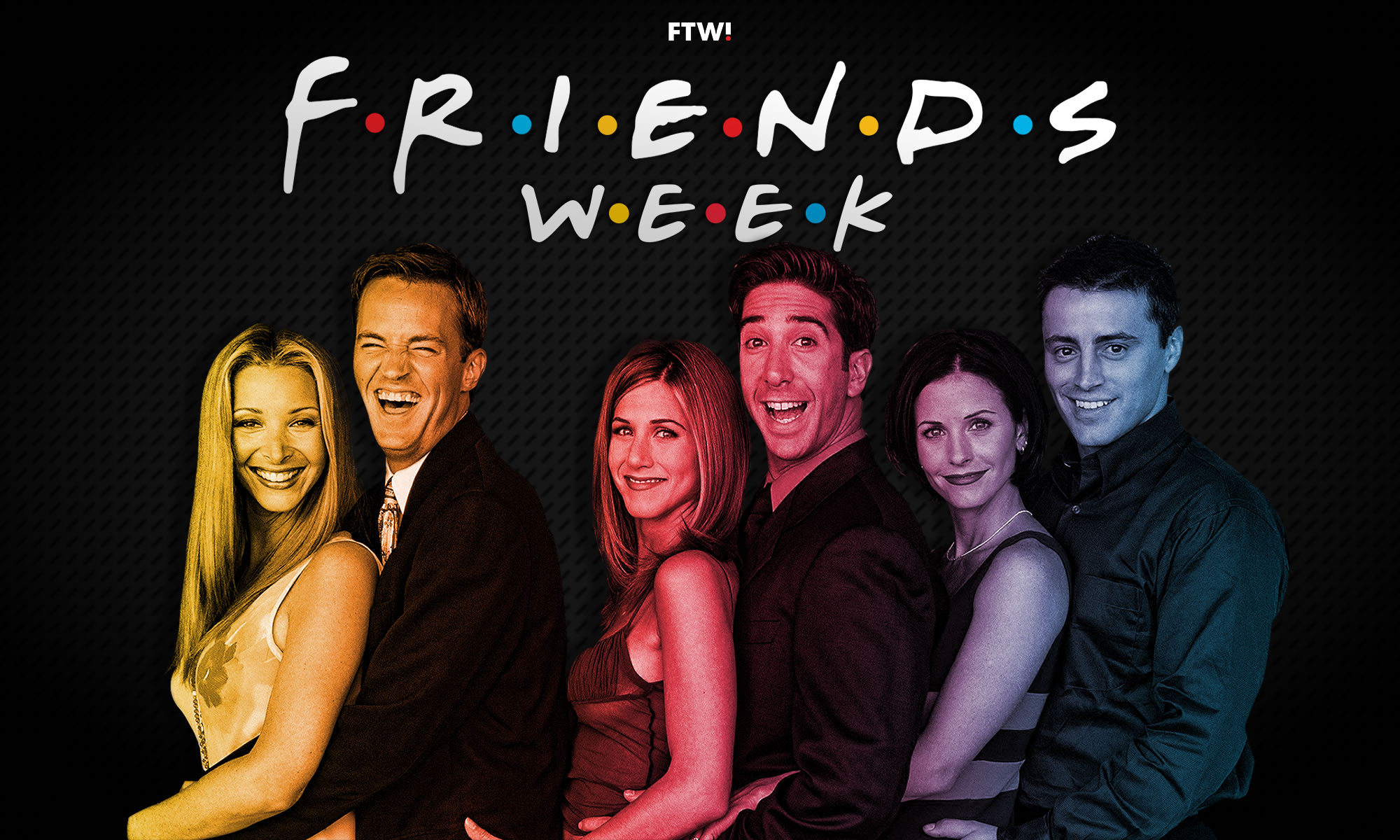By Nadia Rampersaud
In this age where being “woke” has become centralized in the national discourse, drawing attention to the ways in which societal norms have changed through the years due to social movements advocating for equal treatment. It is interesting to see how much our media has altered when it comes to popular television shows that are still aired today. More specifically, 90s TV shows often include episodes generating commentary and themes that would clearly not be acceptable today and would probably cause a show to lose viewership, rather than gain. Topics such as homosexuality, immigration, body weight, and female sexuality are all explored through shows like Friends, Seinfeld, That 70s Show, and The Simpsons. Although these shows are categorized as sitcoms, they also touch on more serious subjects in a humorous manner, but our definition of funny has definitely changed due to our generation progressing.
Some may remember the character of Chandler’s dad from Friends who is openly transgender, something that wasn’t well understood at the time. Because of this, there are a lot of jokes that seem to make fun of his sexuality, rather than embrace or try to understand it. According to the Huffington Post, many jokes about Chandler’s dad are seen today as transphobic, while Kathleen Turner, the actress who plays this role has admitted that she would not accept the role of Charles Bing if it were offered to her today. Chandler, as well as his mom often refers to Turner’s character using the pronouns he/him, although she has been clear with how she prefers to be perceived.
The Simpsons also aired an episode surrounding the topic of homosexuality and homophobia in 1997 that displays Homer as a raging homophobic whose assumptions would not fly in today’s culture. Throughout the episode, he remains angry at a “queer” man for introducing his family to ideas that Homer is dramatically against. Although Homer’s homophobia is portrayed as ridiculous, much of the dialogue is extremely offensive to the LGBTQ+ community as it confines them to a representation of their identity that is very linear. The queer character is portrayed as a grown man who likes childish things and is only accepted by Homer once he gives in to an accepted version of masculinity through saving Homer from a herd of reindeer, establishing himself as a tough protector.
In 1998, a controversial Seinfeld episode aired that was soon banned due to its portrayal of white, American supremacy over other cultures. “The Puerto Rican Day” episode shows images of one of the main characters, Kramer, accidentally setting the Puerto Rican flag on fire and then stomping on it in the middle of the street during a parade that celebrates the heritage of a people who work hard to uphold their culture in a society that condemns them for not being American enough or Latin enough. The American flag would never, under any circumstance, be portrayed in this manner on U.S television, so I’m not sure why the Seinfeld writers thought it was okay to treat the flag of any other culture with such disrespect. This episode was banned after it aired and started airing again in 2004, although it remains a symbol of immodesty.
Body positivity has become highly accepted to counter years and years of body-shaming when it comes to women and That 70s Show is a prime example of the female body shaming that has been accepted for decades. If you don’t remember the character, Big Rhonda, you can probably tell just by her name the fatphobia that surrounds the episodes where her character makes an appearance. Although Rhonda is of a pretty average size, she has often depicted overeating while the most petite character on the show, Jackie, remains disgusted by her. In today’s culture, we aim for displays of body positivity that don’t confine women to narrow expectations of the desired body type. However, the leading men of That 70s Show are constantly making jokes about her weight and stature, while Fez, the stereotypical immigrant who is portrayed as a comedic character, ends up dating Rhonda. Pairing these two personas together who remain the butt of everyone’s jokes, only adds to the non-inclusive nature of the show.
While all of these shows remain favorites and have even gained more popularity with younger generations, people are starting to recognize that what has been acceptable with older generations will be unacceptable with younger ones who aim to create an accepting environment for all people. Nevertheless, these shows are recognized for comedy according to the societal norms of the 90s and will always be recognized as classics.











